A lot has been written on the topic of “Why We Need Stories,” but after reviewing a good chunk of the literature, I think I can add something on the subject. First, let’s back up a second and examine the question: Do we really “need” stories?
Sure, stories are fun, but is that all they are? Well, the nonscientific answer to that is that stories have been being told around campfires and passed down from generation to generation for as long as we’ve had language, suggesting that from the very beginning stories have played an important role in our social commerce. Clearly, at least in the past, stories fulfilled a definite “need,” passing on information, history, wisdom, and knowledge.
The scientific answer as to whether we “need” stories, an answer that has been proved exhaustively by experimentation time and again, is that our ability to understand and retain information is far better served by listening to stories than by studying bullet points, graphs, and textbooks. The Watson Selection Test, for example, an important logic puzzle used in the study of deductive reasoning, can be solved by fewer than 10% of people when tackled as a logic problem, but is easily solved by 70 – 90% of people when the test is presented as a story involving the detection of social-rule cheating. Stories engage our entire brains, not simply the cerebral centers that are involved in reasoning (Broca’s area and Wernicke’s area, for those who care). Stories just work better. It’s the way our brains are built.
There’s more, but to explore the scientific approach further would be boring (unlike listening to a story), so I’ll cut to the chase: The takeaway from all the scientific experimentation and whatnot is this: If you want to reach people⎯if you want to engage them, change them, move them⎯tell them a story.
In the past it was generally accepted that the use of language was our defining human attribute. Now that we are discovering other species on our planet with previously unsuspected communication skills, it is currently being proposed that the true and defining attribute of humans is our ability to tell stories, and through our stories to pass on the accumulated knowledge and wisdom of our species. Storytelling may turn out to be the most human art of all.
Do we still need stories? The answer, at least for most of our human existence, has been a resounding “Yes!” For one, in the past stories gave us an immeasurable evolutionary edge over the competition (Your great-great-grandfather ate some of those funny-looking mushrooms over there and got sick and died). For another, the power of our sacred stories to unite entire peoples (the Holy Bible, the Qur’an, the I Ching, the Book of Mormon, and The Bhagavad-Gita, to name a few) is undeniable.
At their best, stories have illuminated and entertained, wreaked havoc and righted wrongs, shown us the consequences of our actions, and carried messages across the centuries. Stories have been an instrument of change, transcending space and time, allowing us to walk in another’s shoes and experience emotions without paying the full price of those feelings. Stories tell us where we’ve been; stories tell us where we’re going; stories tell us who we are. Stories tell us how to be human.
Powerful stuff.
But times have changed. Does the power of stories still hold in our modern age? For most of our presence on Earth, storytelling has been an oral tradition. Since the advent of the printing press, film and TV, and the internet as “story delivery systems,” stories have morphed into countless new and exciting forms. People no longer have to be in the presence of a storyteller; that bond has been forever broken. You can now read a story in the privacy of your bedroom, you can sit in a darkened theater and watch a story played out on the screen, you can jam in your earbuds and listen to a story narration long after the storyteller is gone and forgotten.
No one knows what the future will bring for the art of storytelling, but one thing is certain. Stories and all the forms they now inhabit will continue to change. Nevertheless, despite present changes and those to come, I believe that at its heart, in its truest incarnation, the essence and power of storytelling will endure. So if you want to reach people⎯if you want to engage them, change them, move them⎯tell them a story.
What do you think about the power of stories? Have any stories you’ve read (or seen or heard) had an impact on the way you view the world? If you’re a writer, what are the goals of your own stories? Please leave a comment (click here) and join the conversation!



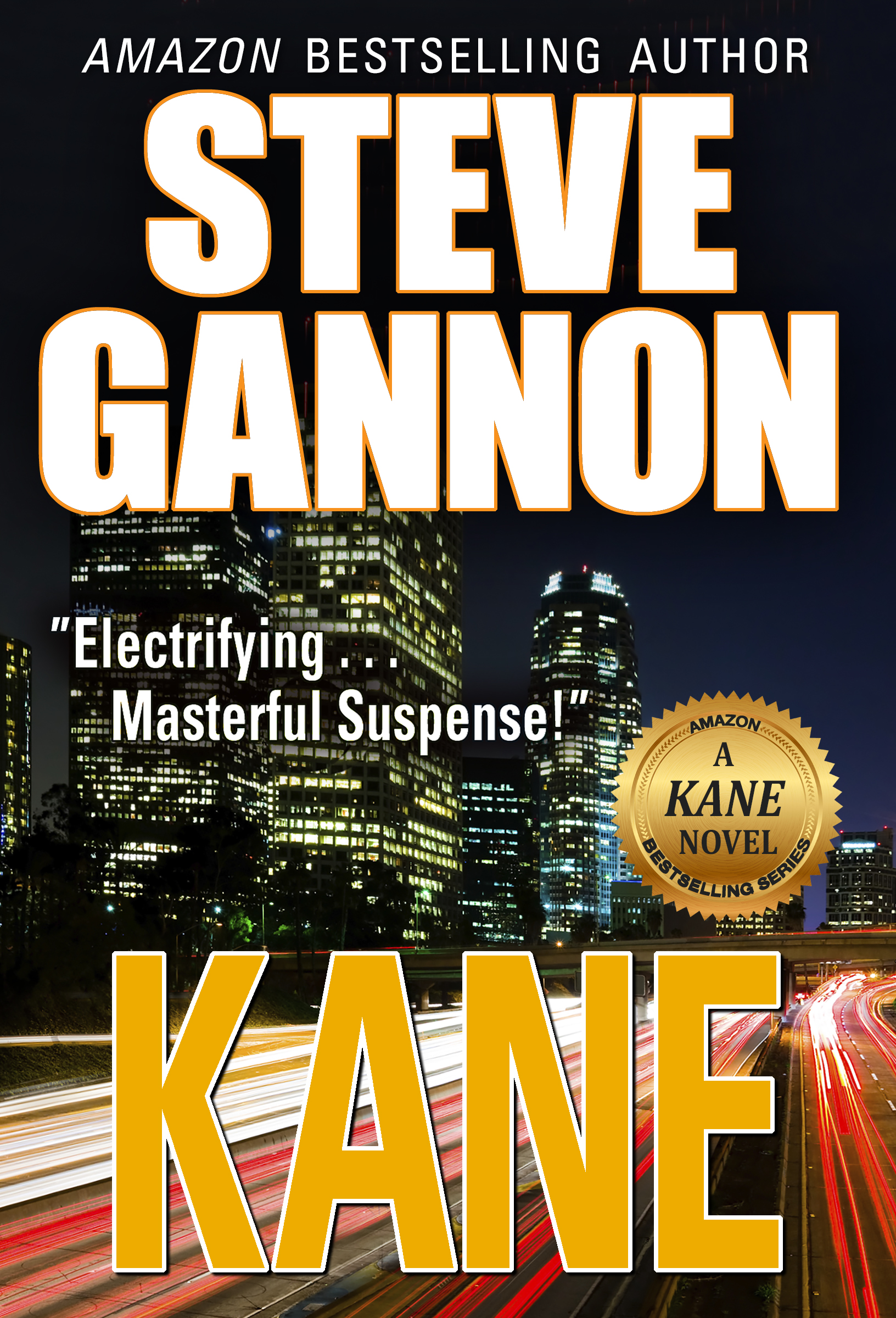
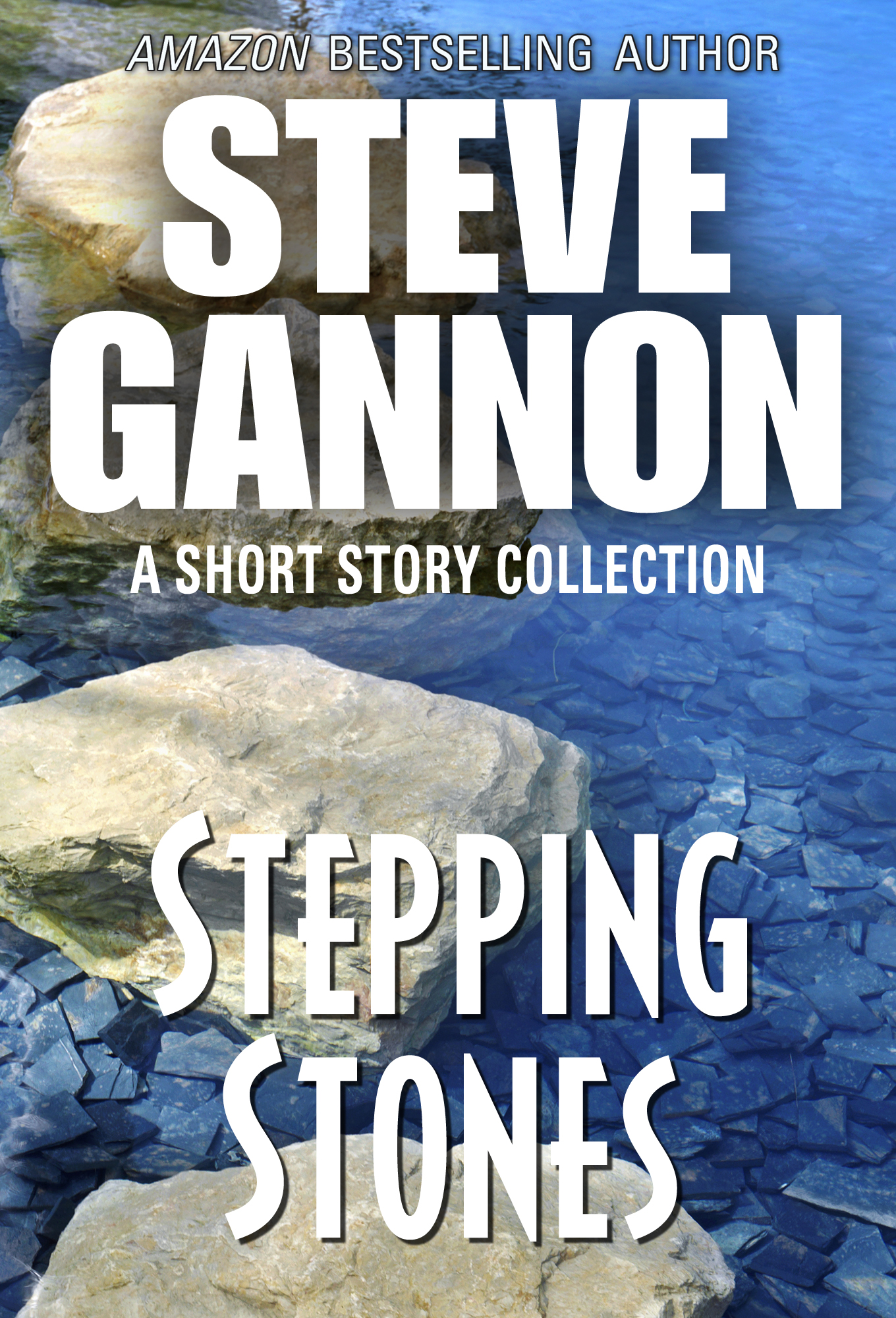
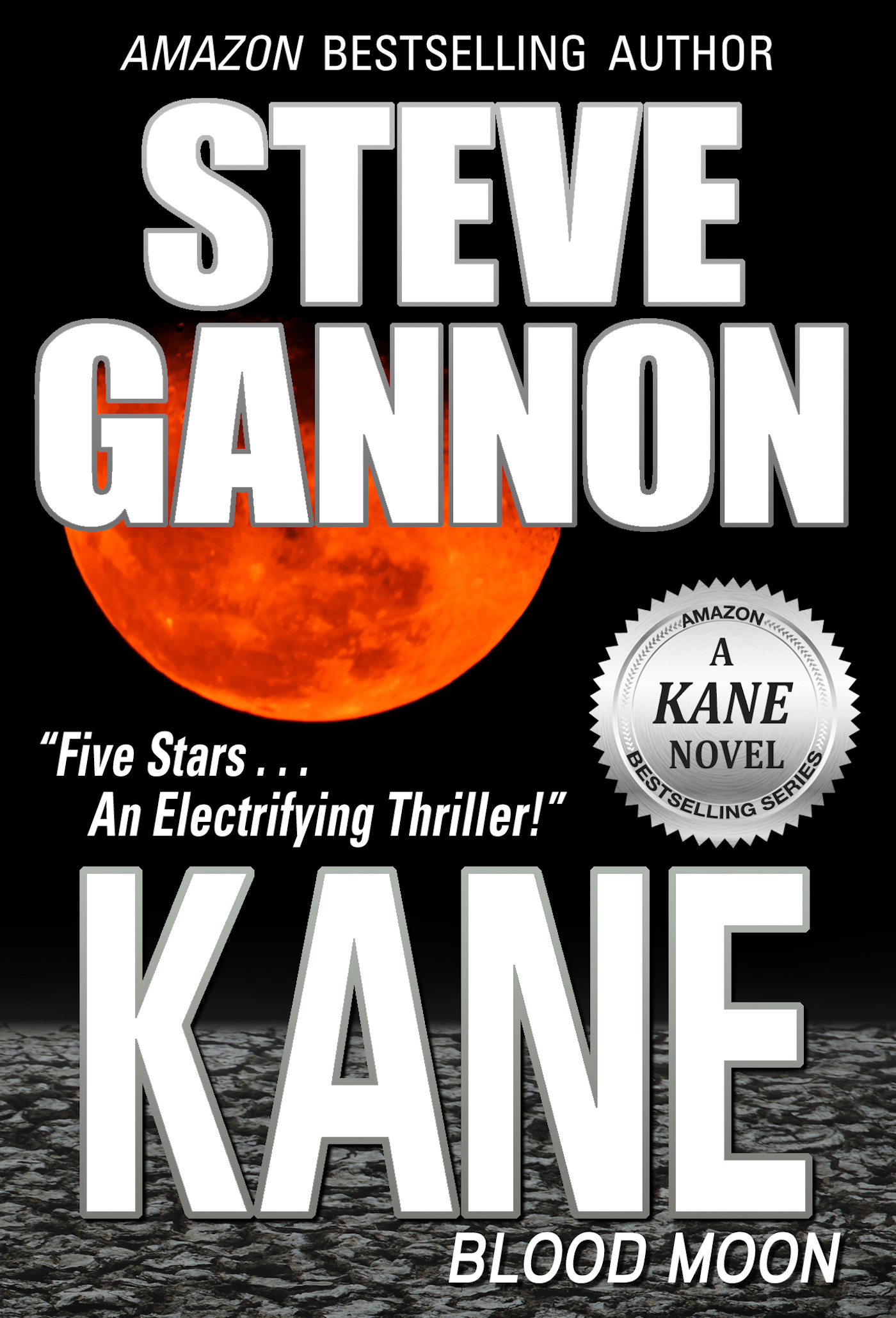
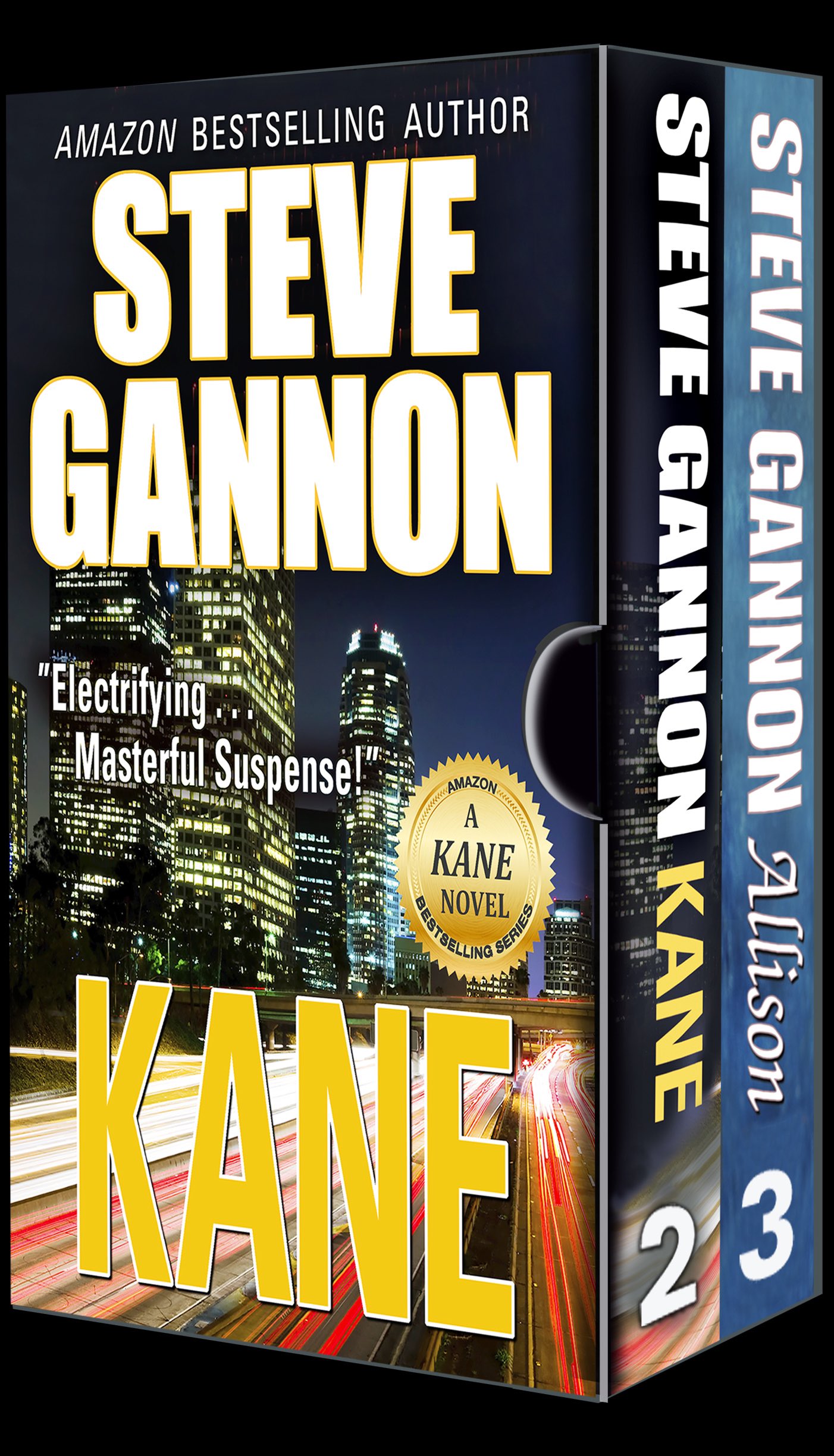

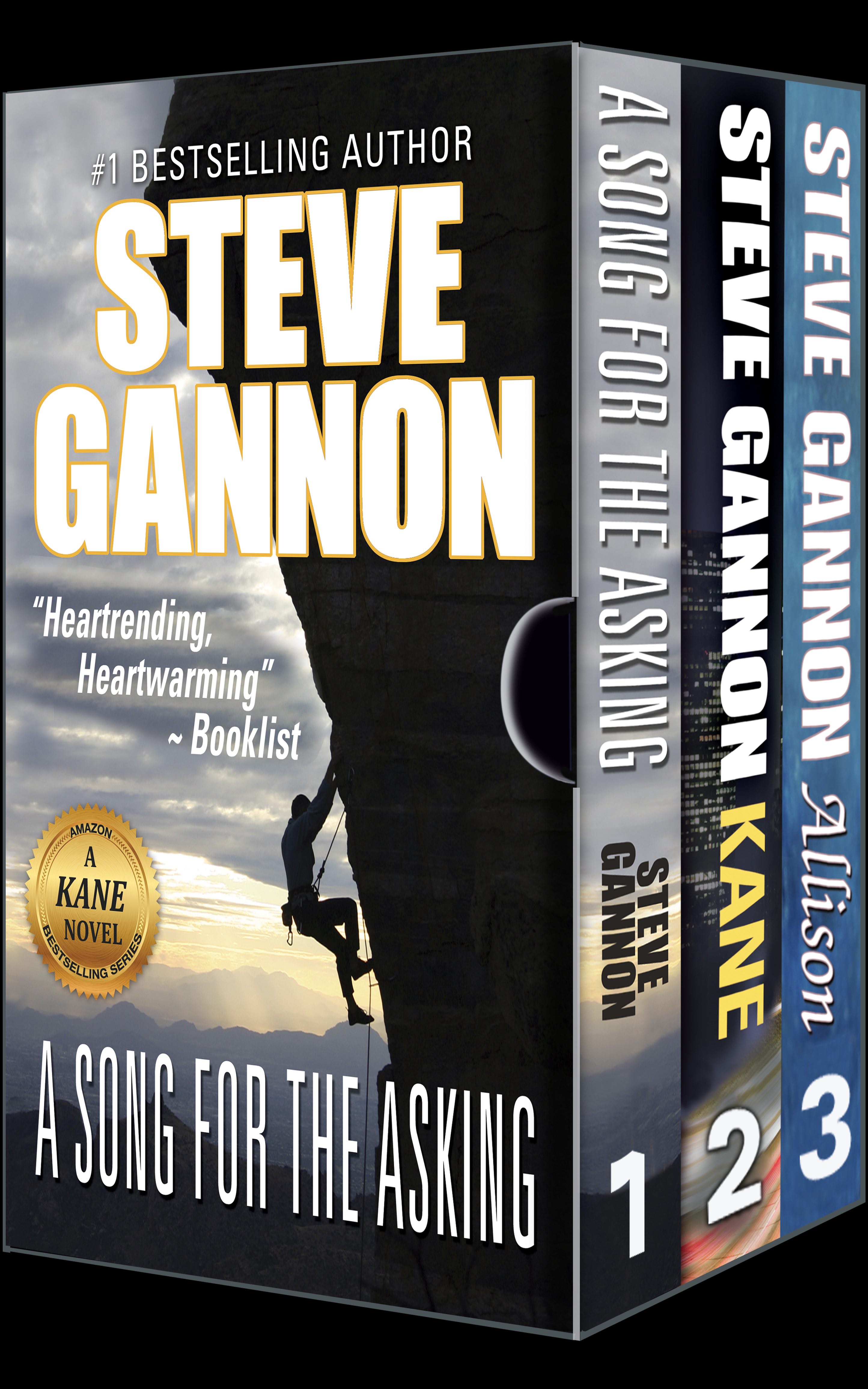
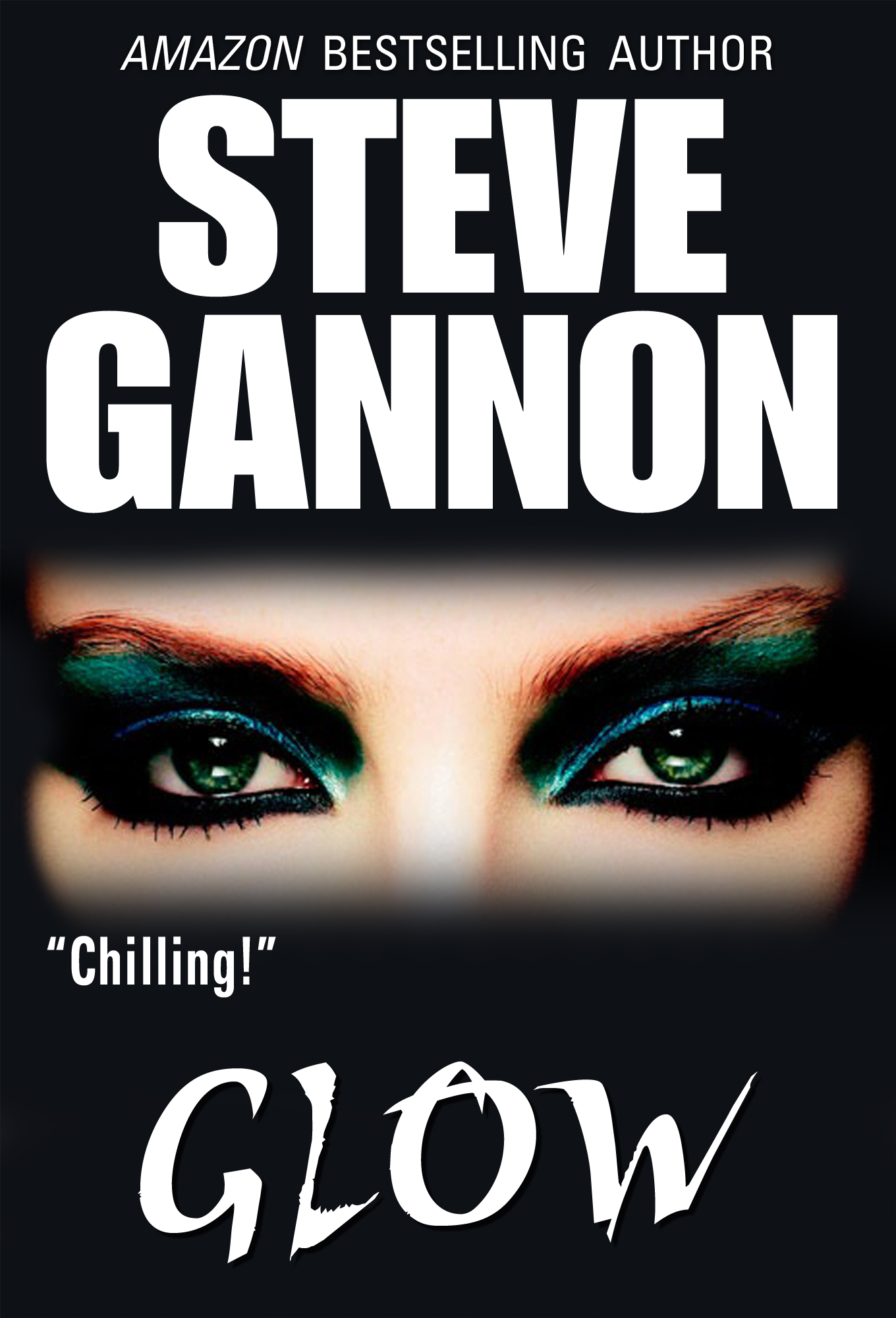
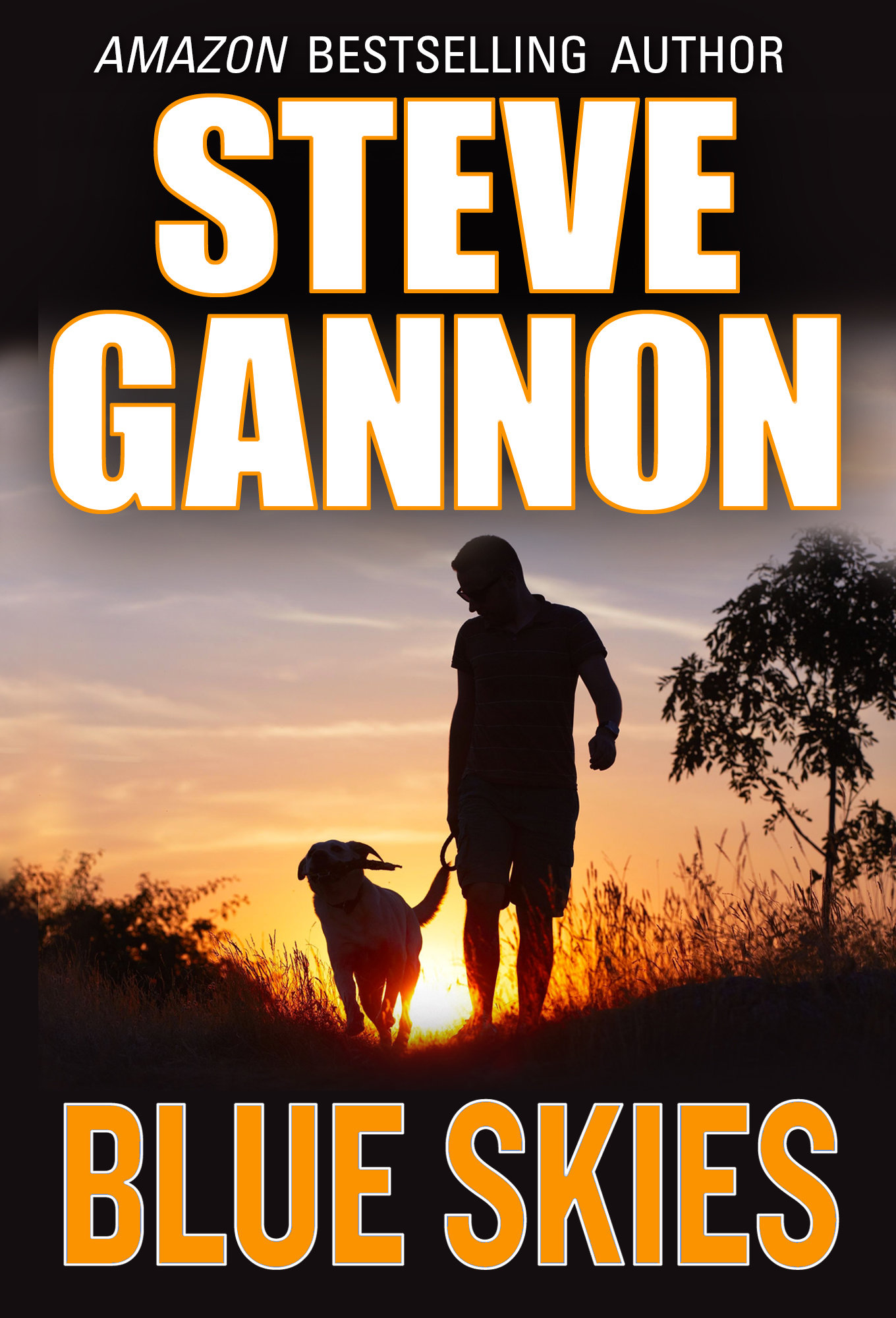
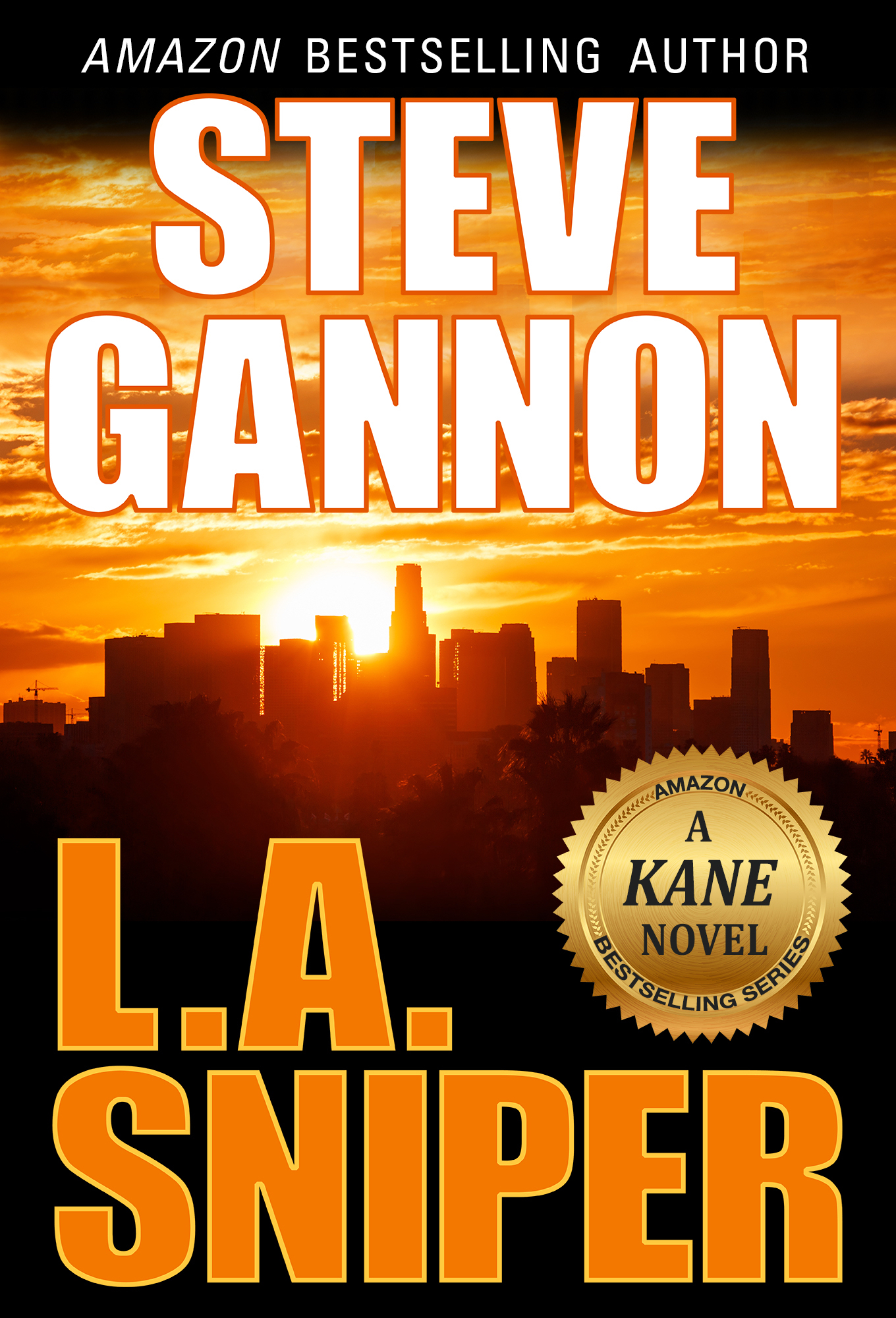
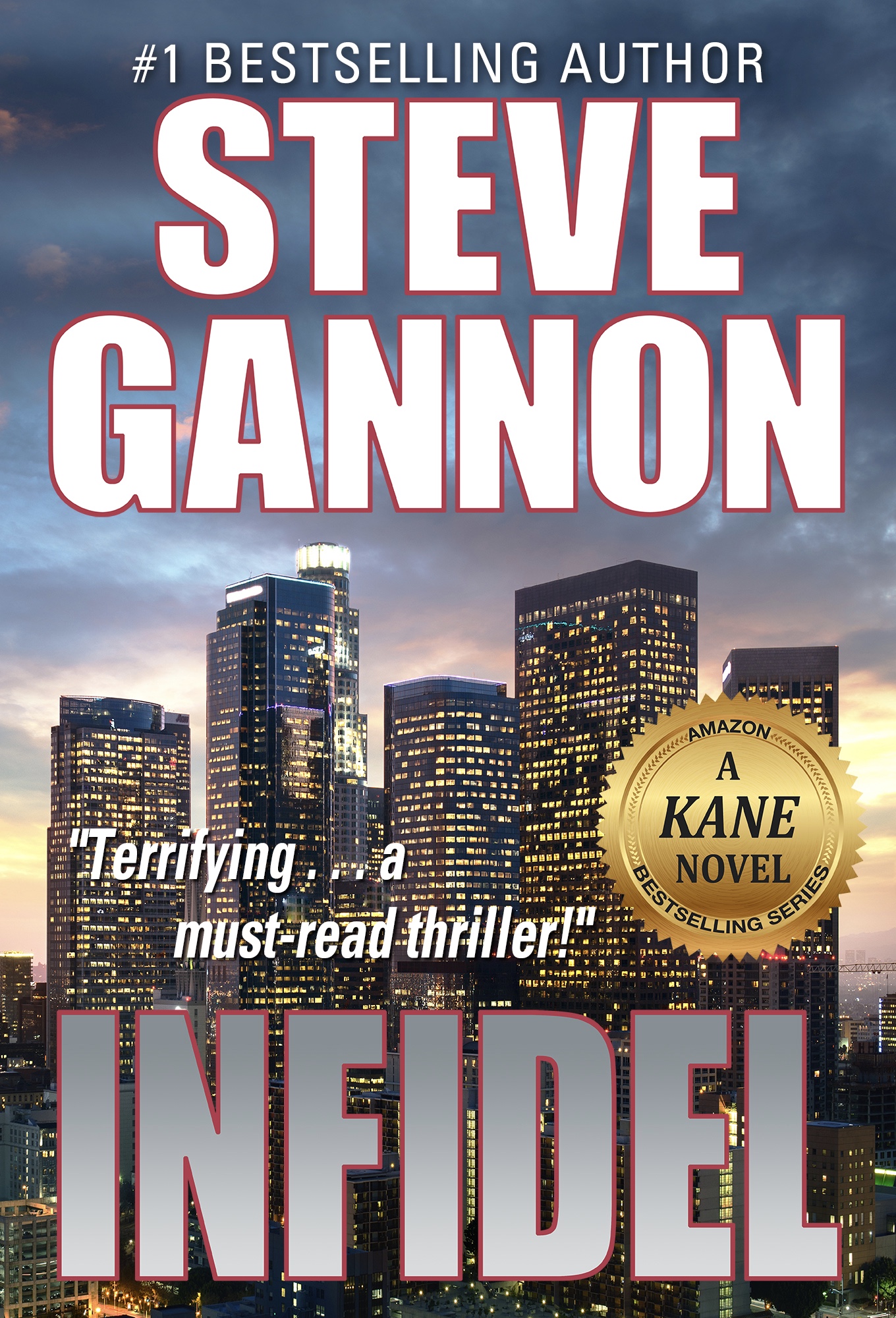
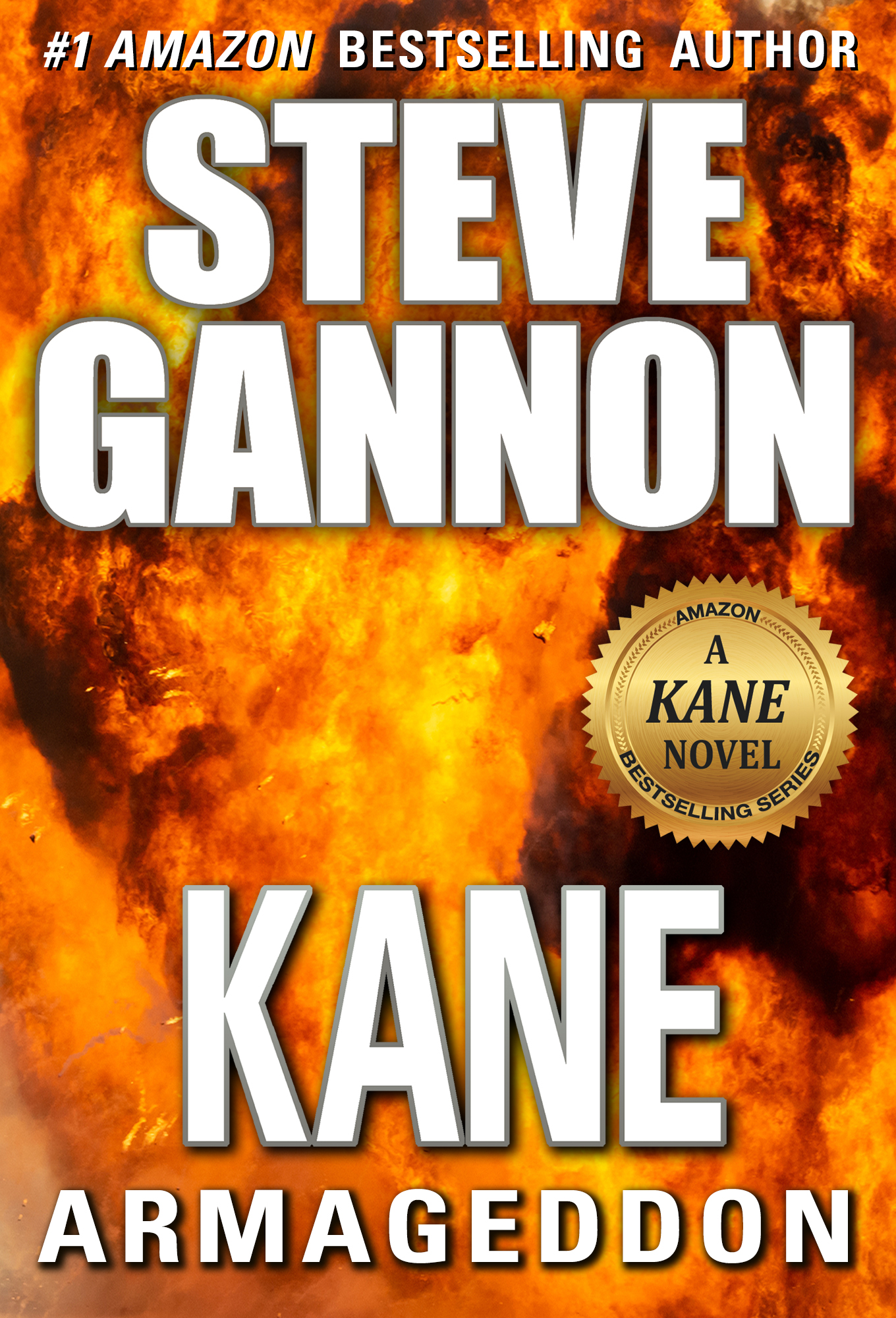
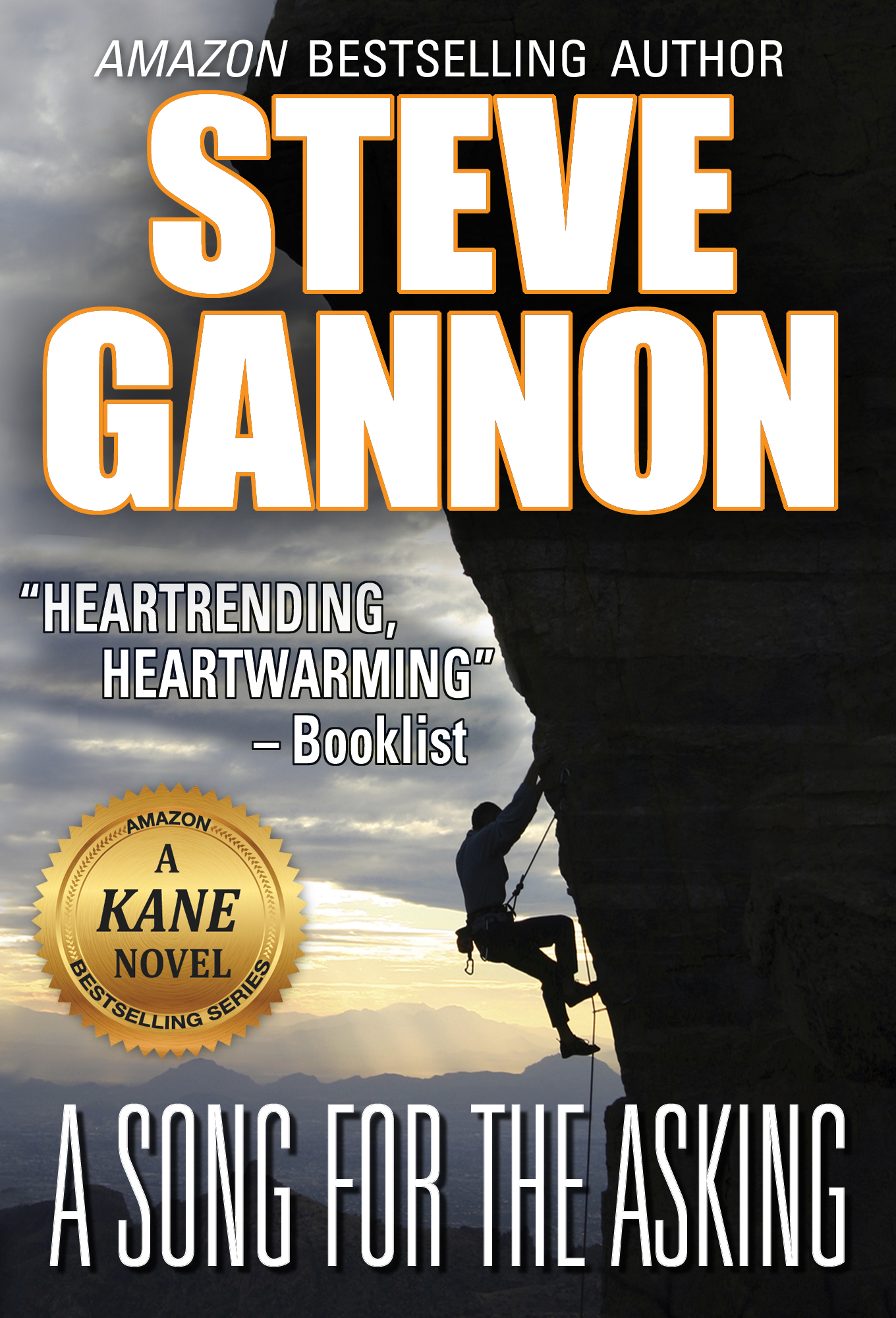
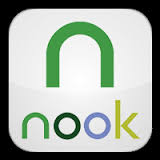
Steve, when I think stories I think of the story of my family going back decades. My niece is the “keeper” of our family ancestry and the stories our relatives have passed down. Some orally and some written. She keeps all these stories and other family items in a wooden box that came from Scotland with my Father’s Mother and her family in the 1860’s. As you probably know these boxes were made for people coming to the “new world” to bring their household goods in. Can you imagine all the stories that came in these boxes? I love it! I have written stories for the “box” about my grandmother (Dutch) and about my uncle who was the oldest son of the Scots grandmother, and of course my own dear Father. Now that I am 81 I think I best get busy for some more stories.
Thank you so much for your wonderful books and I love hearing from you. Especially today’s e-mail.
Hi, Norma,
Thanks for commenting. Your “Story Boxes” sound truly fascinating. What a great way to pass down the family history. I wish my family had something like that. Memories of my parents and aunts and uncles and cousins seem to get murkier every day, which is a shame.
Steve
I don’t tell stories I read them and to read a story that you enjoy puts you in a peaceful escape from reality, a story can take you to places where one may never go and you meet people you may love, hate or kinda ask why. I think stories are amazing and the people who can express these different world’s and experiences we as the reader gets to enjoy are fantastic people
When I read stories I think that’s lot of the words in the story if some of the people would heed the words and meaning it might make the great country a better place to live.
Hi, Phil,
Along the lines of your comment, I try first of all for entertainment value in my stories, but whenever possible, I attempt to include some “meat” as well. I’m glad you noticed!
Steve
When musicians improvise, we are told, “Tell a story.” And if we are playing songs that are sung, we are the soundtrack to that story. Songs are a very impactful way to tell a story. I heard this somewhere, “Words can make you think a thought. Words set to music can make you FEEL that thought. In my experience, some of the most compelling musical stories are short and simple in lyric content. Many of the most beautiful and profound songs from the Great American Songbook (Gershwin, Cole Porter, Richard Rogers, etc.) are a couple of verses, but speak volumes. Our worldview is shaped by our favorite songs. We memorize the lyrics, sing them in the shower or the car, have them played at our weddings. Couples have “our song” (story). I’ve always been acutely aware of the subliminal influence my instrument has in a group’s interpretation of a song-story and have taken inspiration from many great musical storytellers. The Beatles told some pretty cool stories, no?
Stories are important. I have loved pursuing a life as a subliminal story teller.
That, and getting people up off their butts to dance uncontrollably.
Hey, Craig,
Great point about “telling a story” with music — especially the idea of coupling the storyline with the power of music to move our emotions. In written storytelling, a clever plot and beautiful descriptions are great, but I think what sets apart a great story and makes it memorable, both in music and in writing, is being able to inspire an emotional response.
And, of course, getting people up off their butts to dance uncontrollably!
Steve
When I was old enough to read, beside the Bible, I read ‘How To Win Friend’s and Influence People ‘.I tried to always remember the lessons I learned from reading that book. I often think of some of the thing’s he said. I think it made me a better person. The Author was Dale Carnegie, hope I spelled that right. I am an avid read, but I don’t remember them like that one book.I think that and the Bible has shaped my life.
Hi, Linda,
Thanks for commenting. I would agree that if you were going to read only two books in your life, those two would serve you well!
Steve
I believe that we construct our lives around the stories we tell ourselves.
Hi, Martha,
Interesting idea. I’ll have to think about that . . .
Steve
I’ve been an avid reader since I was a little kid. Through books I have been to places and heard stories of different cultures, different worlds and the dark side of humanity. I’ve read the funny side of human kind. Without stories I would never have been able to experience any of this.
Thanks for commenting, Debra. I’ve been an avid reader since being a kid, too, and I agree. What a great experience it is to read a good book!
Well said, Debra! I totally agree. Thanks for commenting.
Steve
I believe stories are essential. True stories/family dialogue gives us a sense of being a part of the big picture. Novels of all genre have their part. After an expressively difficult day, my greatest pleasure is to loose myself in the words I read! I can cheer the hero’s. Boo the villians. Or just syrrounf .tself in comfot. Over a well loves book……read over and over again.
Well said, Michele. Thanks for sharing!
I truly believe that a good book has no equal ,,,except for the next good book . I am an avid reader ,,and have been all of my life . Travelled the world from my armchair ,,,laughed , cried , been scared ,,all from my books . I still read most days , and see no good reason not to . At almost 84 ,,,there are a lot more books for me to read yet ,,and a lot more entertainment to be had . A Song for The Asking,,was the best book I had read ,followed by the ensuing two written by yourself ,,,and very kindly gifted to me . Thank you ,, Sincerely , Dawn PRICE.
Hey Dawn,
So happy you’re enjoying my work, and you’re welcome. Thanks for reading!
Steve